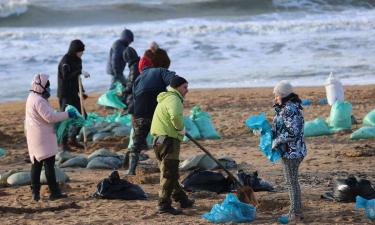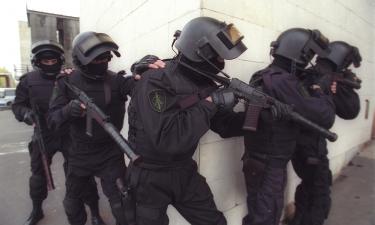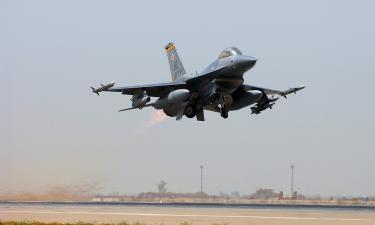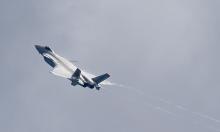EU to display unity over Kosovo's independence question
Being aware of the past mistakes, EU leaders will try to reach unity on how to resolve Kosovo’s bid to gain independence from Serbia without causing strife in the Balkans.
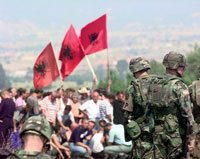
Memories of divisions over the Balkan wars in1990s which made EU unable to prevent the bloodshed still disturb European capitals.
Administrative takeover of Kosovo from the United Nations needs the backing of all 27 EU states, but the union is still divided over Kosovo’s independence question.
Ahead of forthcoming summit, Swedish Premier Fredrik Reinfeldt said they should wait until Jan. 20 presidential elections in Serbia before recognizing Kosovo’s independence.
"The most important thing is to stand together and probably also wait for the Serbian presidential elections," Reinfeldt said at a meeting of Christian Democrat leaders.
Ethnic Albanians who comprise 90 percent of Kosovo’s population want to be independent from Serbia , while Serbia , supported by Russia insists that the province should remain its territory.
"We have to have Russia as a partner" when shaping a final deal on Kosovo, said Luxembourg Prime Minister Jean-Claude Juncker.
Within the European Union, Cyprus is the strongest opponent of Kosovar sovereignty and of sending an 1,800-member EU police and security mission to Kosovo.
Cyprus shares an island with a Turkish community that broke away in the 1970s. Neither the government of Cyprus nor the international community recognizes the independence of the Turkish Cypriot area.
Spain, Slovakia, Greece and Romania have expressed fears that independence for Kosovo would encourage separatist movements elsewhere. But they are under pressure from Britain, France and Germany to act jointly on Kosovo.
British Prime Minister Gordon Brown urged other heads of government to ensure the European Union takes the lead on Kosovo.
"This is a European responsibility," Brown told the British Parliament Wednesday. "We hope we can move to supervised independence - in other words, that Kosovans will have their rights met but in conditions where we do not have violence."
The EU leaders at the summit meeting were not expected to decide anything on Kosovo; an important U.N. Security Council meeting on the province's status is scheduled for Dec. 19. Instead, they will discuss a paper drafted by Britain , France, Italy, Germany and the United States on how the EU could recognize Kosovo after it declares independence, diplomats said.
Under the plan, according to diplomats who have seen it, EU powers like Germany, France, Italy and Britain would recognize Kosovo days after its declaration of independence, followed by other EU nations. The U.S. and others would follow suit after that.
Slovenia, which takes over the EU's rotating presidency in January, is keen to ensure a quick transition of Balkan nations into the EU to boost stability there.
EU leaders will declare that the status quo in Kosovo "is unsustainable," according to a draft of a statement to be issued at the summit. It urges the United Nations, Serbian and Kosovar leaders to find a solution and refrain from violence.
Cyprus is demanding that Belgrade and Pristina continue negotiations to find a U.N.-backed solution to the crisis. A U.N. deadline on internationally mediated negotiations over Kosovo's status passed Monday, and other EU nations no longer support negotiations.
Ethnic Albanians expect swift recognition of independence from the EU and others. But Serbs have threatened to leave or to group in Kosovo's north, where most of them live, and call for the territory unite with Serbia.
Friday's summit will also focus on globalization. European Union economies are under pressure to reform so they can compete with economies in Asia . EU leaders will be asked to agree to drafting a common immigration policy by 2010, which is meant to lure highly skilled migrants while keeping out illegal asylum seekers.
They will also discuss creating a panel to debate the future direction of the union, an idea pushed by French President Nicolas Sarkozy.
Subscribe to Pravda.Ru Telegram channel, Facebook, RSS!
